
Comrade Hoang Dinh Giong (aka Hoang, Lau Voong, Tran Tin, Nam Binh, Van Tu, Vo Van Duc, Vu Duc, Le Minh, Cu Vu), a Tay ethnic, was born on June 1, 1904 in Thom Hoang village, Ha Hoang commune, later moved to Na Toan village, Xuan Phach commune (now De Tham ward, Cao Bang city, Cao Bang province).
Since childhood, Hoang Dinh Giong was an intelligent and good student. With enthusiasm and early revolutionary enlightenment, he actively participated in propaganda and revolutionary mobilization in his homeland.
The First Generation of the Party and the Army
In response to the demands of the revolution, in 1927, comrade Hoang Dinh Giong secretly went to Long Chau, China to attend training classes of the Vietnam Revolutionary Youth Association.
In December 1929, comrades Hoang Dinh Giong, Hoang Van Thu, and Hoang Van Non were admitted to the Indochinese Communist Party and established the Overseas Party Cell in Long Chau, China; comrade Hoang Dinh Giong was elected Party Cell Secretary (one of the first party members in the mountainous areas of Cao Bang and Lang Son ).
After the Communist Party of Vietnam was established, the Long Chau Overseas Party Cell with comrade Hoang Dinh Giong as Secretary officially became a Party cell of the Communist Party of Vietnam.
On February 4, 1936, in Hai Phong, comrade Hoang Dinh Giong was arrested by French secret police and exiled to many prisons in the country, then exiled to Madagascar (Africa); and it was not until October 1944 that he escaped from the imperial prison and returned to Cao Bang.
After the Japanese coup against the French (March 9, 1945), comrade Hoang Dinh Giong and the Cao Bang Provincial Party Committee led the people to rise up in an uprising, abolished the old government, and established people's governments in almost every place in the province.

In mid-1945, comrade Hoang Dinh Giong was added to the Cao Bang Provincial Party Committee in charge of military affairs, closely coordinating with the Vietnam Propaganda Liberation Army Team, fighting the enemy to protect the liberated areas.
In early August 1945, implementing Military Order No. 1 of the National Uprising Committee, the Cao Bang Party Committee elected the Provincial Uprising Committee headed by comrade Hoang Dinh Giong, to organize and lead the armed forces in coordination with the uprising of the masses to fight the Japanese army, deal with the Chiang army, and seize revolutionary power from August 20-22, 1945.
Immediately after the success of the August Revolution in 1945, the French colonialists provoked in the South, plotting to re-establish their domination over our country. Responding to the Party's call, Cao Bang province assigned comrade Hoang Dinh Giong to command the province's Southern Expeditionary Unit.
On September 30, 1945, at the General Staff office in Hanoi, he was assigned by the Party and Uncle Ho as a Political Commissioner of the Southern Expeditionary Force, with the alias Vo Van Duc (the name given by Uncle Ho) and in charge of the Southern Expeditionary Unit in Cao Bang, Nam Dinh, and Thai Binh.
In November 1945, at the An Phu Xa Conference (Gia Dinh), comrade Vo Van Duc (now renamed Vu Duc) was appointed as Chief of the Political Department (Political Commissar) of the Southern Liberation Army.
On December 10, 1945, the Southern Regional Party Committee convened an expanded conference, and he was appointed by the Central Committee. Minister (Commander) of Zone IX. He demonstrated his role in building and developing the resistance force, unifying the armed forces of the South; building the U Minh base; and resolving the issue of national unity.
At the end of November 1946, Minister Vu Duc went to the North to take up a new assignment. When he arrived in Ninh Thuan province, he was assigned by the Central Committee to stay as Minister of Zone VI. He built bases and conducted guerrilla warfare, consolidating the solidarity between the Kinh people and ethnic minorities (especially the Cham people whom the enemy was exploiting, luring, and causing ethnic division), creating the premise for a new development step of the resistance movement in the South Central Coast.

Outstanding student of President Ho Chi Minh
As an intelligent, studious student, with early patriotism and deep hatred for the enemy, during his days studying at the University of Science and Technology, Hanoi, Hoang Dinh Giong read and studied many propaganda documents of the Vietnam Revolutionary Youth Association, which was like a breath of fresh air that ignited a burning desire, urging the Tay ethnic boy.
Especially since attending the training courses of the Association in Longzhou, China, from a patriotic young man, comrade Hoang Dinh Giong became a communist and one of the excellent students of President Ho Chi Minh.
During his participation in activities, comrade Hoang Dinh Giong always clearly revealed the temperament and talent of a revolutionary, discovered and guided by leader Nguyen Ai Quoc. When the Southern resistance war broke out, the Party Central Committee and President Ho Chi Minh assigned him the task of being the Commander of the Southern Army. Comrade Hoang Dinh Giong clearly showed that he was a man of both literature and martial arts, and also of virtue, worthy of the name Vo Van Duc given by President Ho Chi Minh.
Following President Ho Chi Minh's advice, "When you lead an army to the battlefield, both civil and military skills are necessary, but you must respect the virtues of a revolutionary cadre," in any position, comrade Hoang Dinh Giong always demonstrated the noble qualities and mettle of a "General in exile."

Deeply imbued with Ho Chi Minh's ideology on great national unity and international solidarity, comrade Hoang Dinh Giong always persevered in building a solid solidarity bloc among local troops, among Vietnamese ethnic groups, between revolutionary forces and ethnic groups. In particular, he coordinated in building revolutionary forces in Southeast Asian countries (Cambodia, Laos, Thailand) to create a fighting force against the enemy right from the early years of the resistance war against France.
Comrade Hoang Dinh Giong's outstanding features are his sense of responsibility, sense of organization, discipline and absolute obedience to the organization's assignments. He has actively studied and thoroughly understood the ideology and morality of President Ho Chi Minh in his work and lifestyle.
Throughout his life of revolutionary activities, he always put the interests of the Party and the nation above all else; lived simply, sincerely, was close to and closely attached to the masses, always listened to and respected the opinions of the masses, and was especially loved, trusted and admired by the masses.
Comrade Hoang Dinh Giong is a shining example of a communist: living for the Party, dying without leaving the Party, sacrificing his whole life to fight for the independence and freedom of the nation, for the happiness of the people, representing the revolutionary heroism of the Ho Chi Minh era. He deserves to be one of the outstanding students of President Ho Chi Minh.

Loyal communist soldier
Fully aware of the difficulties, hardships, and sacrifices on the path of revolutionary activities, comrade Hoang Dinh Giong always advised his comrades and teammates: "One day we may encounter imprisonment and torture, but we must not surrender, we must endure and overcome."
Arrested by the French colonialists while leading the revolutionary movement in Hai Phong (February 1936) and brutally tortured by secret police, who tried every way to entice and bribe him into surrender, he still stood tall and boldly denounced the crimes of the French colonialists and their henchmen, affirming that the revolutionary path to liberate the nation was the right path.
Knowing that they could not subdue the iron will of the communists, the French colonialists exiled comrade Hoang Dinh Giong to many imperial prisons.
In the imperial prison, despite being brutally tortured by the enemy, comrade Hoang Dinh Giong always showed himself to be the soul of the communist collective, a person with a radical revolutionary spirit and a steadfast, optimistic class stance, always encouraging comrades and teammates to believe in the future of the revolution and the country.

As one of the founders and leaders of the special cell (the Communist cell of political prisoners) in Son La prison, comrade Hoang Dinh Giong and his comrades turned the prison into a revolutionary school, a place to train and foster revolutionary cadres.
In particular, during the years of exile by the imperialists, he always turned his attention to his homeland and country. Based on his correct assessment and assessment of the current situation, his indomitable and uncompromising struggle and his cleverness, he contributed to the collective in prison to propose correct policies and strategies, and to gain allies to quickly return to the country to continue revolutionary activities.
In 1947, in a fierce battle in War Zone 7 (Ninh Thuan), comrade Hoang Dinh Giong fought and heroically sacrificed his life while revolutionary enthusiasm was at its peak.
With his great contributions to the Vietnamese revolutionary cause, comrade Hoang Dinh Giong was posthumously awarded many noble awards by the Party and State: Ho Chi Minh Medal (1998); title of Hero of the People's Armed Forces (2009); Outstanding Senior Leader of the Party and the Vietnamese Revolution (2018).

Comrade Hoang Dinh Giong died at the age of 43 but had spent more than 20 years continuously working and contributing to the Party and the revolution. Until his last moment, he still showed the heroic spirit and indomitable will of a communist.
Comrade Hoang Dinh Giong is a vivid manifestation of Vietnamese revolutionary heroism in the Ho Chi Minh era. His rich and vibrant revolutionary life and heroic sacrifice will forever be a shining example for future generations to learn and follow.
Source


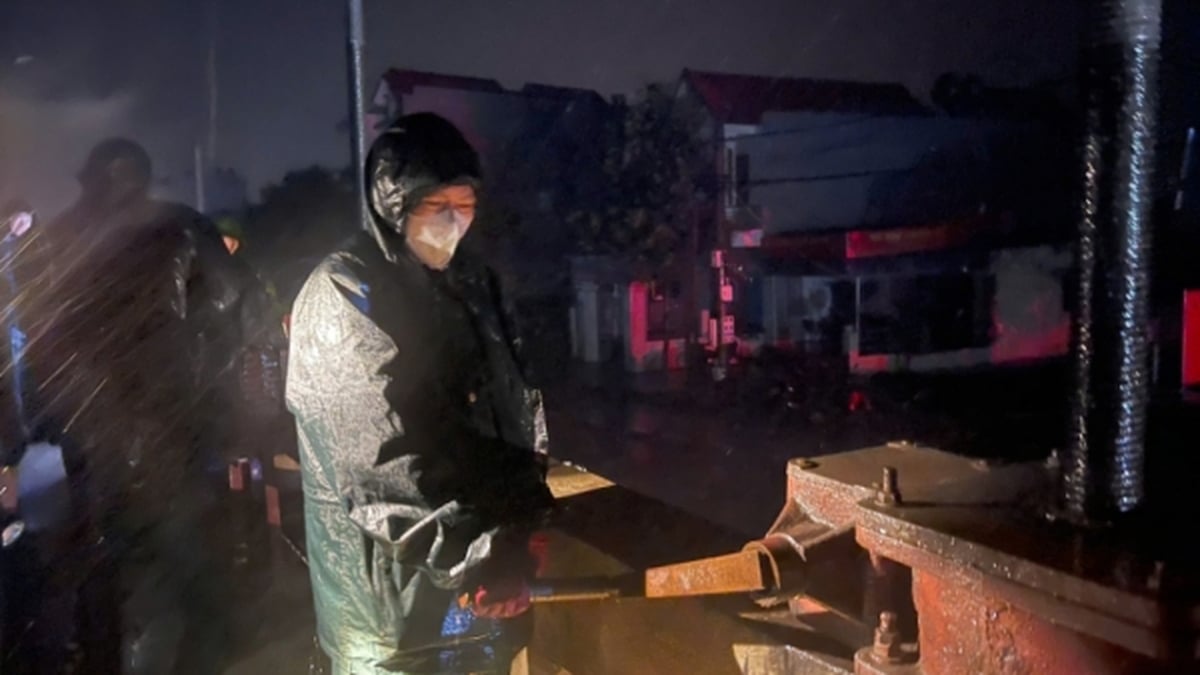

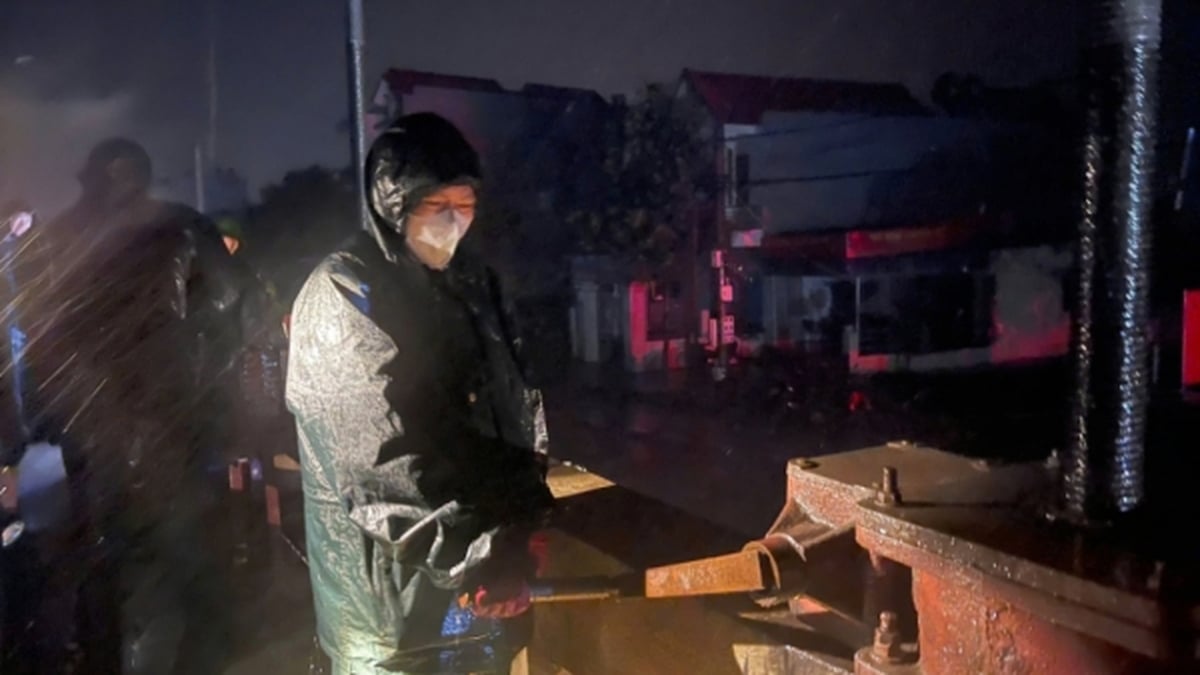
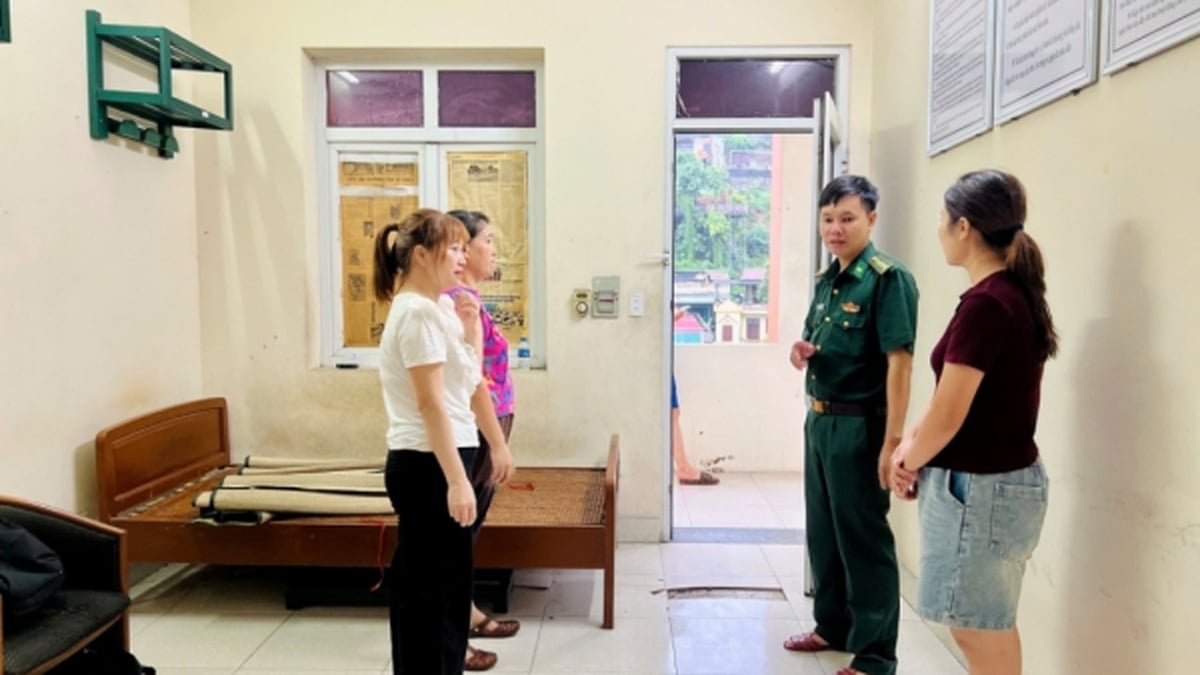
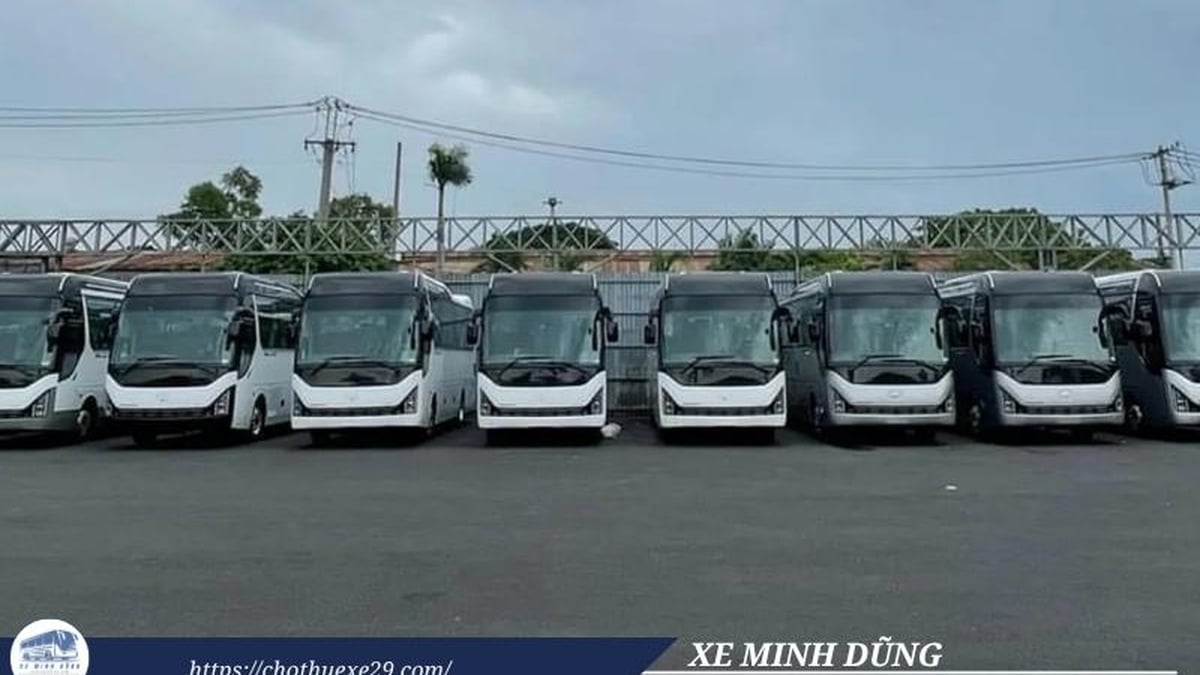
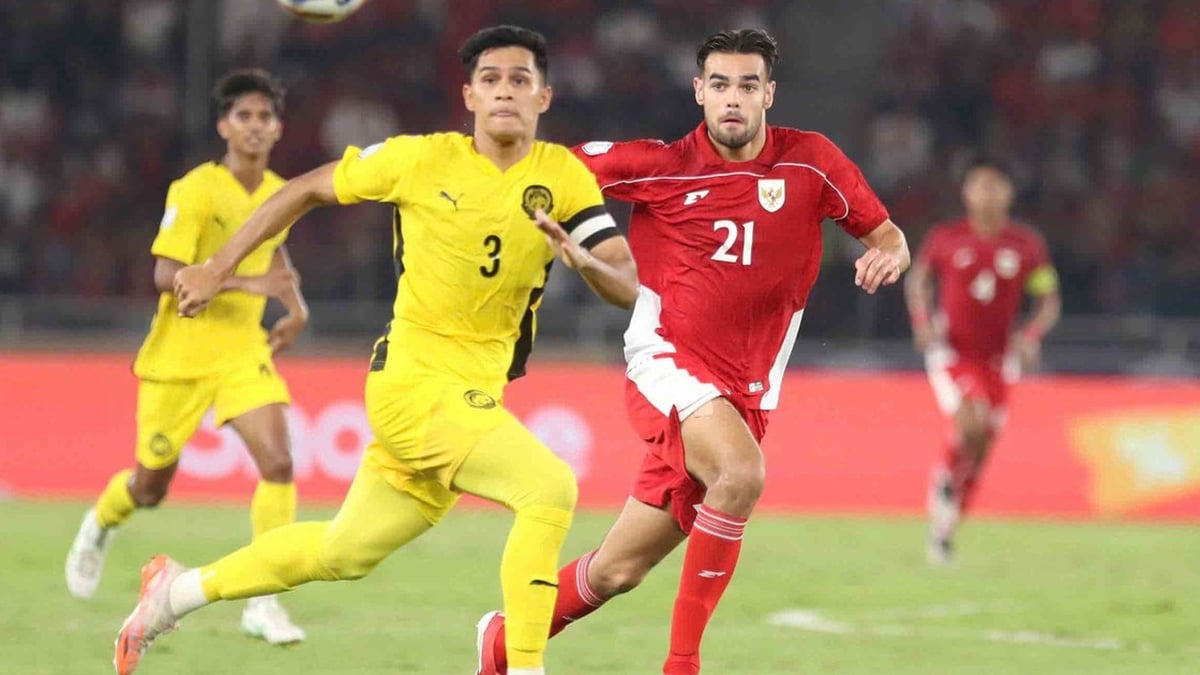
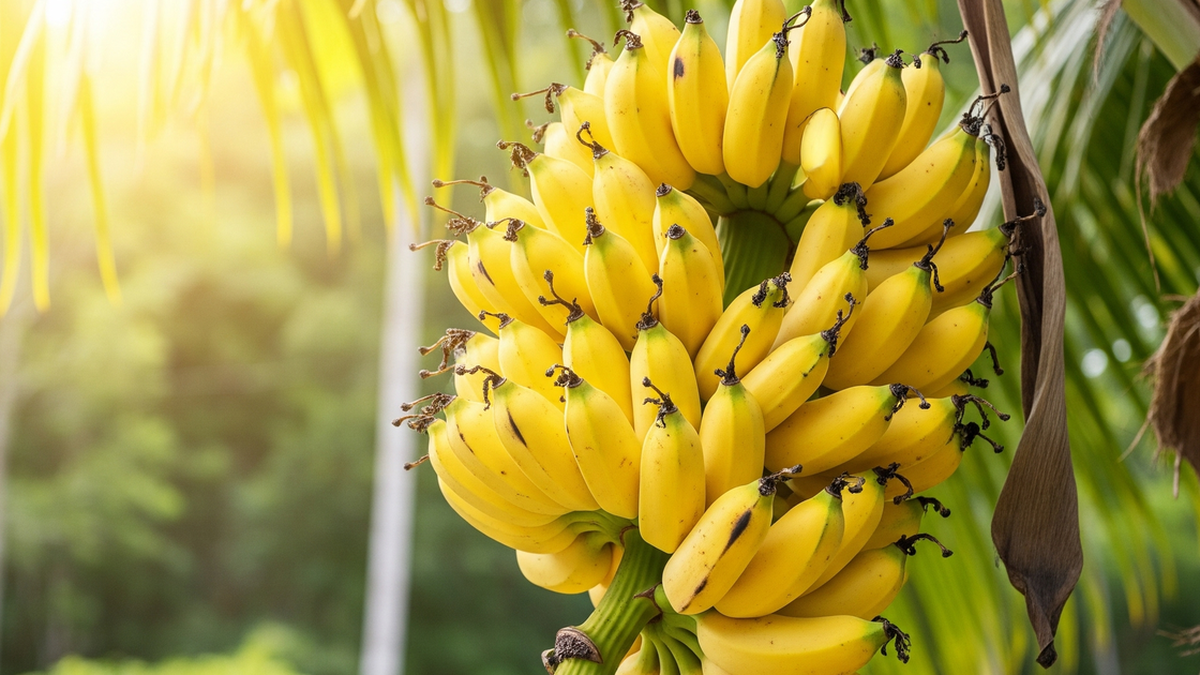
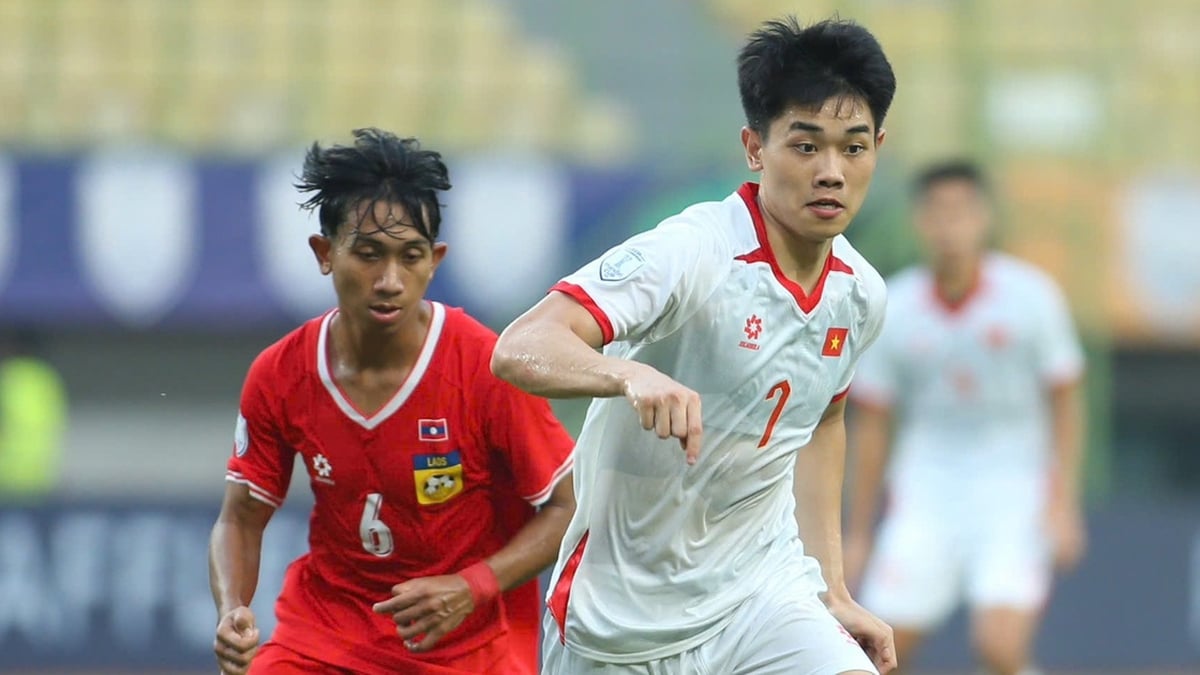
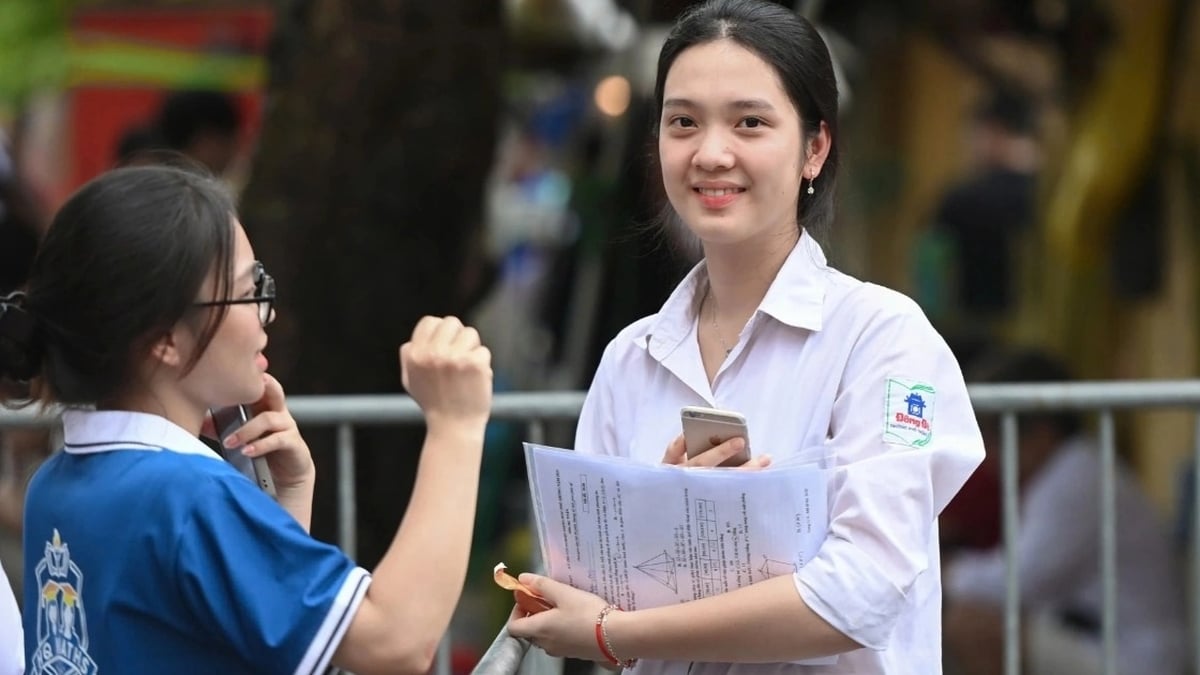
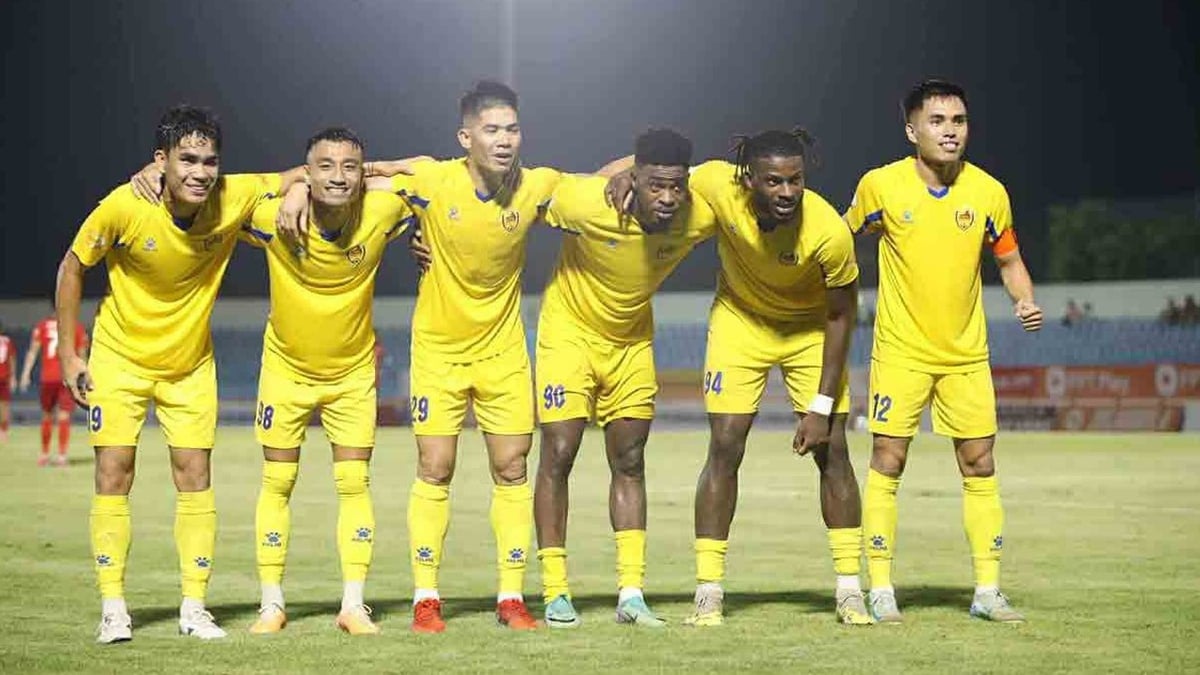



















![[Photo] National Assembly Chairman Tran Thanh Man visits Vietnamese Heroic Mother Ta Thi Tran](https://vphoto.vietnam.vn/thumb/1200x675/vietnam/resource/IMAGE/2025/7/20/765c0bd057dd44ad83ab89fe0255b783)





































































Comment (0)